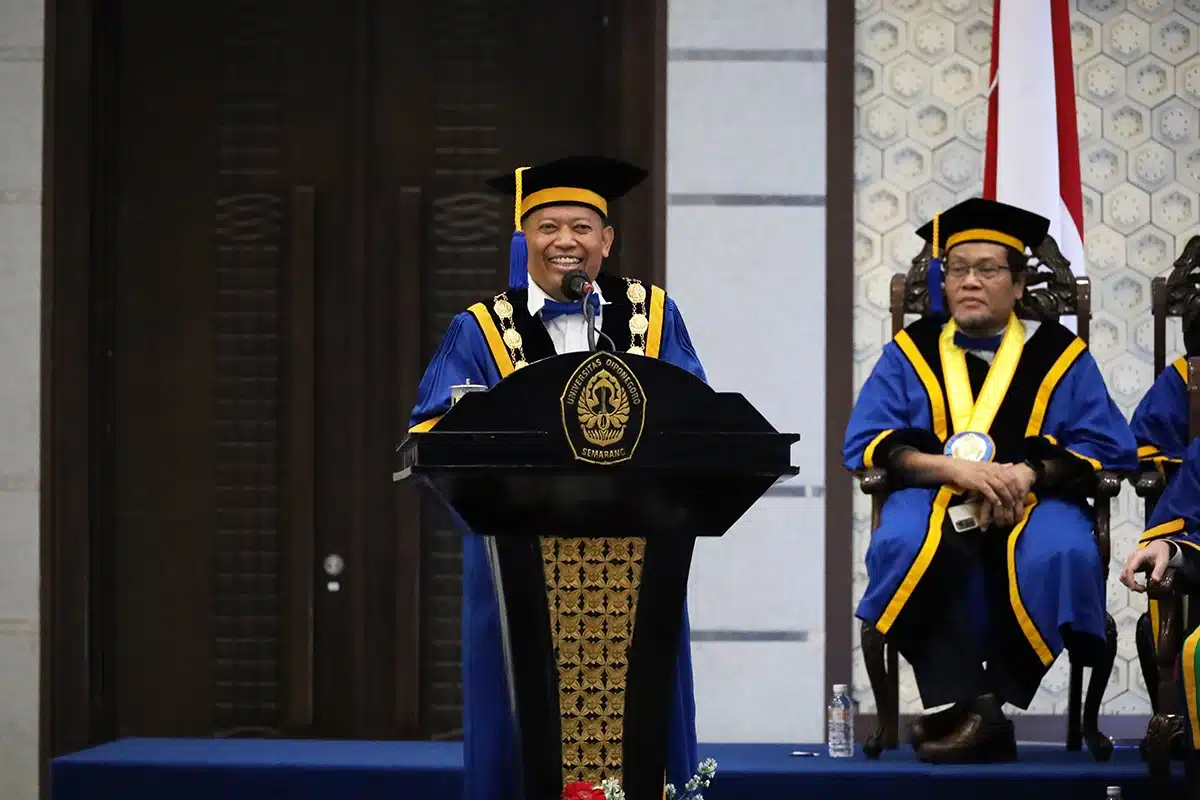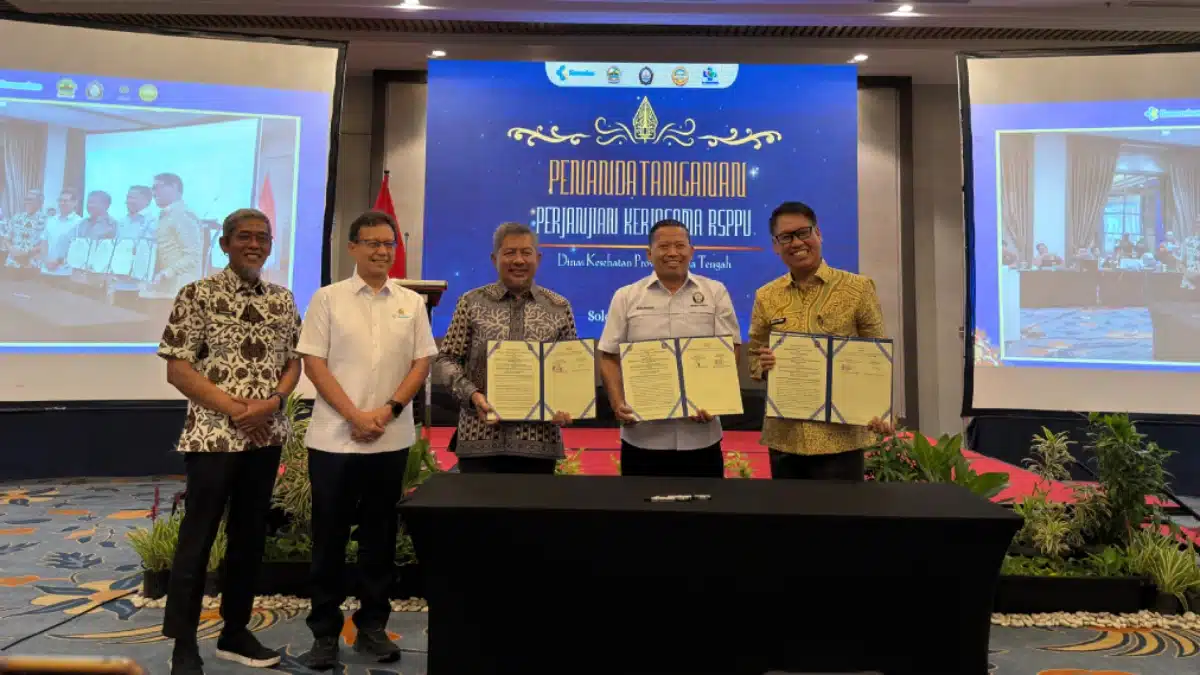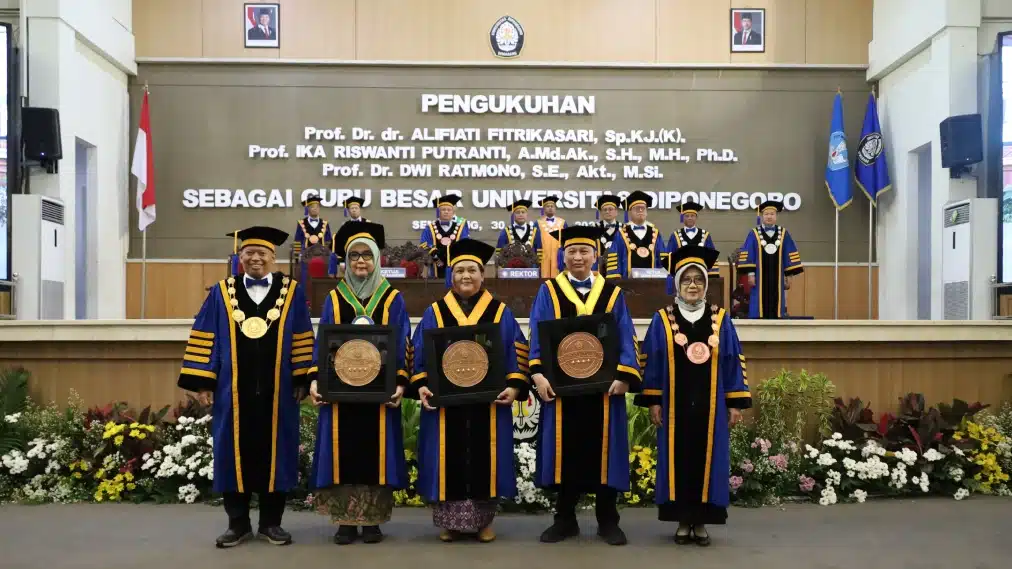“Family involvement in paternalistic management and leadership has a positive effect on collaborative interactions between generations which will have a positive effect on the performance of family business. Meanwhile, family climate has no significant effect on collaborative interaction between generations as well as a direct effect of family involvement in management on the performance of family business,” said Dr. Eisha Lataruva, S.E., M.M., Lecturer at the Faculty of Economics and Business (FEB) Diponegoro University.
In her research, she collected data by distributing 200 questionnaires using a Purposive Sampling technique to family members involved in company management in small and medium-scale Batik MSMEs owned and managed by families in the city of Pekalongan, Central Java. Model and hypothesis testing was carried out using Partial Least Square analysis with SmartPLS 3.0 software.
“The aim of the research is to develop a new concept, namely Collaborative Interaction between Generations which is examined with relevant theoretical studies and integrated with several variables in building a basic theoretical and empirical model to fill the research gap between family involvement in management and family business performance. Based on the test results of the 5 proposed hypotheses, there are 3 acceptable hypotheses. This study also found that collaborative interaction between generations proved to be significant in mediating the relationship between family involvement in management and the performance of family business,” she explained.
“To improve the performance of family business, it is necessary to increase interaction between family members involved in company management by aligning goals, increasing relationships based on trust and goodwill, conveying problems openly, working together to understand problems correctly and exchanging information / discussion to solve the problem,” concluded Eisha. (Lin/Nuril – Public Relations)









